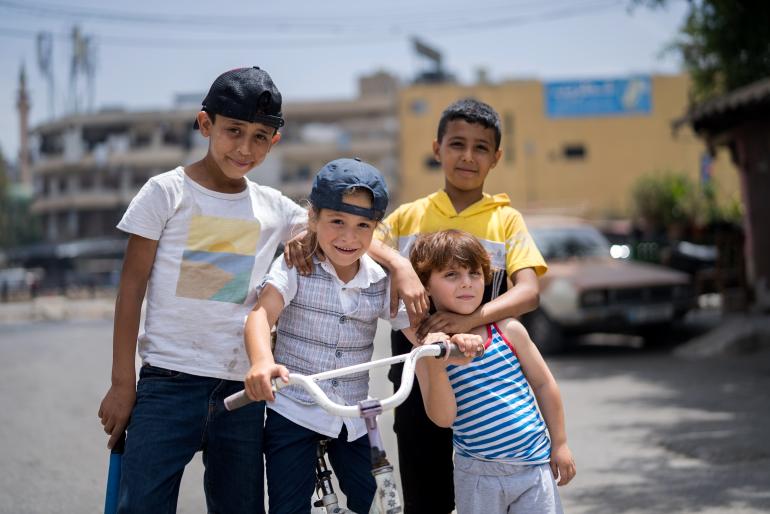We Communicate For Happy Children
 New assessment by UNICEF: Lebanese families and children on the verge of collapse
New assessment by UNICEF: Lebanese families and children on the verge of collapse 
UNICEF has issued its second rapid assessment for the year 2023 on the situation of families, children, and caregivers in light of the escalating crisis in Lebanon, now entering its fourth consecutive year.
The survey, conducted by UNICEF every six months with the same families to monitor their conditions, reveals that despite significant reductions in expenses, families are still unable to meet their basic needs, particularly in the health and education sectors. It also highlights an increase in the number of families forced to sell their possessions compared to the previous year, as well as a rise in the percentage of families who have discontinued their children’s education and resorted to sending them to work.
UNICEF points out that gaps in the national social protection system and limited access to essential services further exacerbate the difficulties faced by families in the crisis. For this reason, the organization calls on the Lebanese government to expedite the implementation of the recently-formulated national social protection strategy and invest in education through reforms and national policies. The multi-dimensional Lebanese crisis has pushed a significant number of Lebanese people into poverty, with rates reaching around 80%. A policy paper released by the Lebanese Center for Policy Studies in December 2022, with support from UNICEF, highlights the impact of these crises on young children and caregivers across various sectors.
